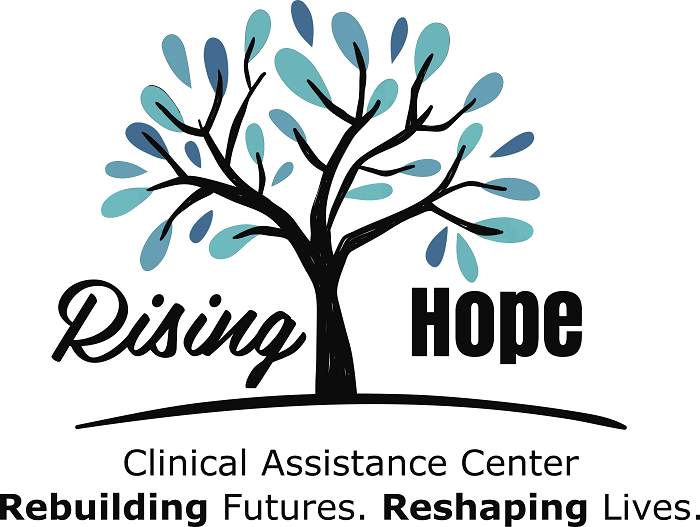Anger Management Classes Winston-Salem NC
We're the leading Anger Management Therapy provider in Winston-Salem NC performed by the top licensed counselors.
Anger management is the process of learning to recognize signs that you are becoming angry and taking action to calm down and deal with the situation in a productive manner. Anger management does not try to keep you from feeling anger or encourage you to hold it in.
While anger is a natural emotion, it can have a negative impact on the way people see you, impair your judgment, and get in the way of success. If you have an impulsive reaction to explode in times of anger that can become harmful to yourself or others. It is beneficial to learn how to express this emotion more appropriately through anger management.
The Effects
Anger that chronically spirals out of control can have serious consequences on your health, lifestyle, and relationships.
Mental Health: Being persistently angry depletes mental energy; this can cloud your thinking, make it harder to concentrate or hinder your ability to enjoy life. Chronically consuming this energy can contribute to stress, depression, and other possible mental health issues.
Physical Health: Consistently functioning at high levels of stress and anger can make you more at risk for heart disease, a weakened immune system, high blood pressure, and insomnia.
Relationships: Volatile anger makes it hard for others to feel comfortable around you, be honest with you, or trust you. This can get in the way of friendships, work relationships, and have a lasting negative impact on the people you care about.
Career: While creative differences and constructive criticism at work is normal and even healthy, lashing out in anger at colleagues, supervisors, or clients damages professional relationships.
How Anger Management Can Help You
You may feel like you cannot tame your temper. However, you have more control over your anger than you think. As you gain clarity on how your anger is affecting you and learn healthy ways to deal with it appropriately, you can prevent this emotion from obstructing your life.
Proficiently managing anger takes practice. The good news is, the more you practice self-control, the easier it will get. The purpose of anger management is to help you achieve your goals, build better relationships, and live a happier and healthier life.
A Few Helpful Tips
Explore the underlying reason for your anger
To learn to manage your anger, you first need to explore and understand its root cause. Ask yourself what you are angry about. Many times, you may find yourself getting into small, seemingly silly arguments. Yet, there usually is a more significant issue behind it. Allow yourself to explore what the genuine reason behind your arguments or anger is to have a better handle on your temper.
Recognize your warning signs
You may think that your anger is randomly explosive and uncontrollable. However, there are always warning signs before you get to that point. Pay attention to how the emotion feels in your body. Your breathing may become heavier and faster, you may receive a headache, your shoulders may tense, or you may feel a knot in your stomach. Whatever the feeling is, pay attention to it and take action to prevent your anger from escalating.
Identify your triggers
Although stressful events can be upsetting, they do not excuse explosive anger. Try to identify activities, places, people, or situations that potentially trigger irritability. It may be traffic in your commute or consuming drinks in a noisy bar. Whatever the activity or situation is, be mindful of it and, if possible, avoid unnecessary activities that can trigger feelings of anger.
Learn to stay calm or quickly calm down
Try practicing relaxation techniques to keep calm. If your temper has already risen, find ways to calm down quickly. Common methods include counting, taking deep breaths, or stretching tense areas. The more you practice this, the more natural it will become.
Find healthier ways to express your anger
If you've decided that a situation is worth getting angry over, there are still ways to express your anger healthily. Take a short break if you feel yourself getting too heated, make improving relationships a priority, and be willing to forgive. It is also important to know when to let something go.
Recognize if you need professional help
If managing your anger is difficult, and you are unable to control it, you should seek extended help. Dangerous actions resulting from anger can include harming yourself or others and damaging or destroying material goods or property.
- Anger Management Classes
- Therapy (Group/Individual)
Talk to your primary care doctor about your symptoms or seek help directly from a mental health professional. If you are reluctant to see a mental health professional, reach out to someone else who may be able to help guide you to treatment, whether it is a friend or family member, a teacher, a faith leader, or someone else you trust.



